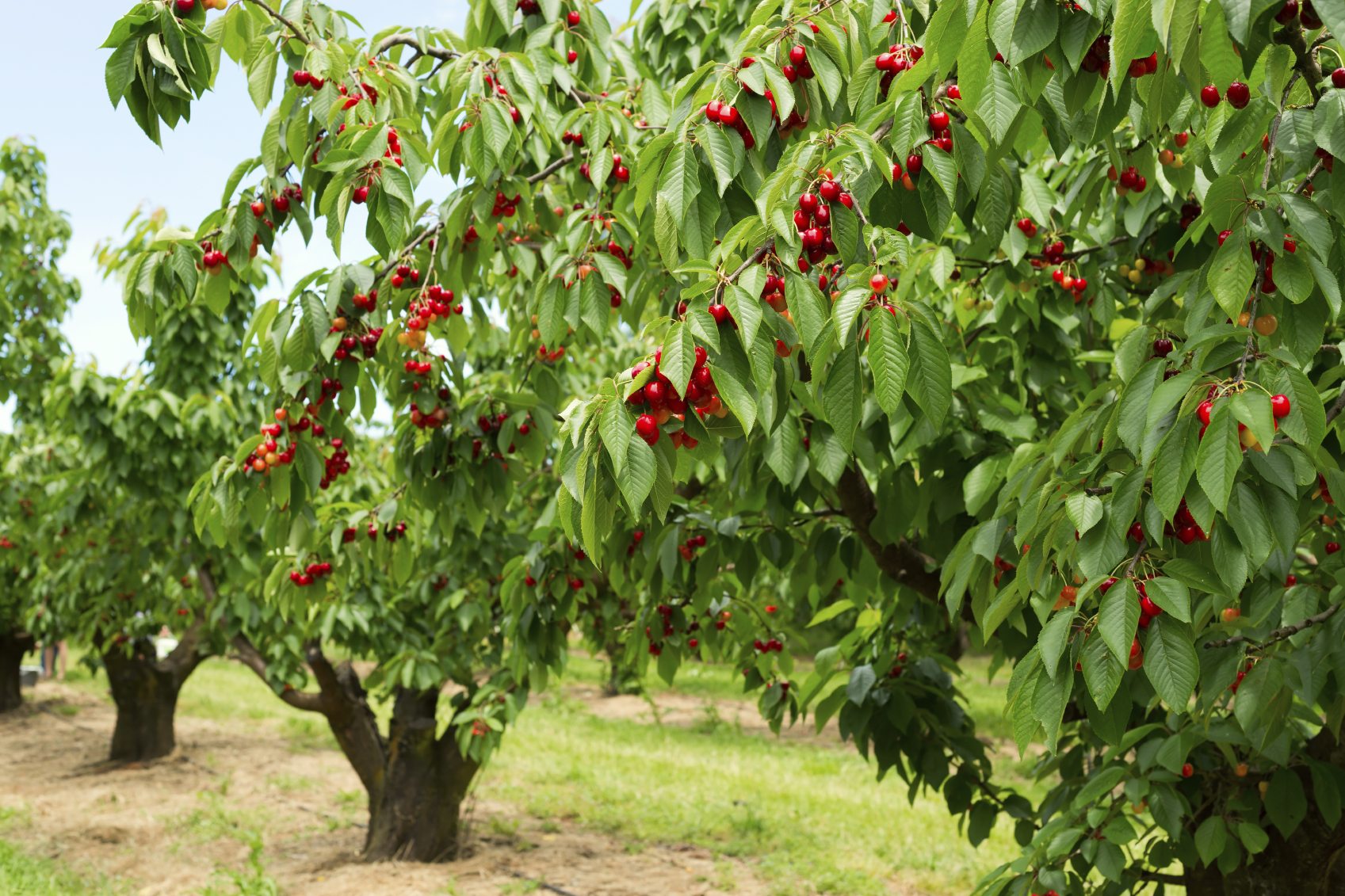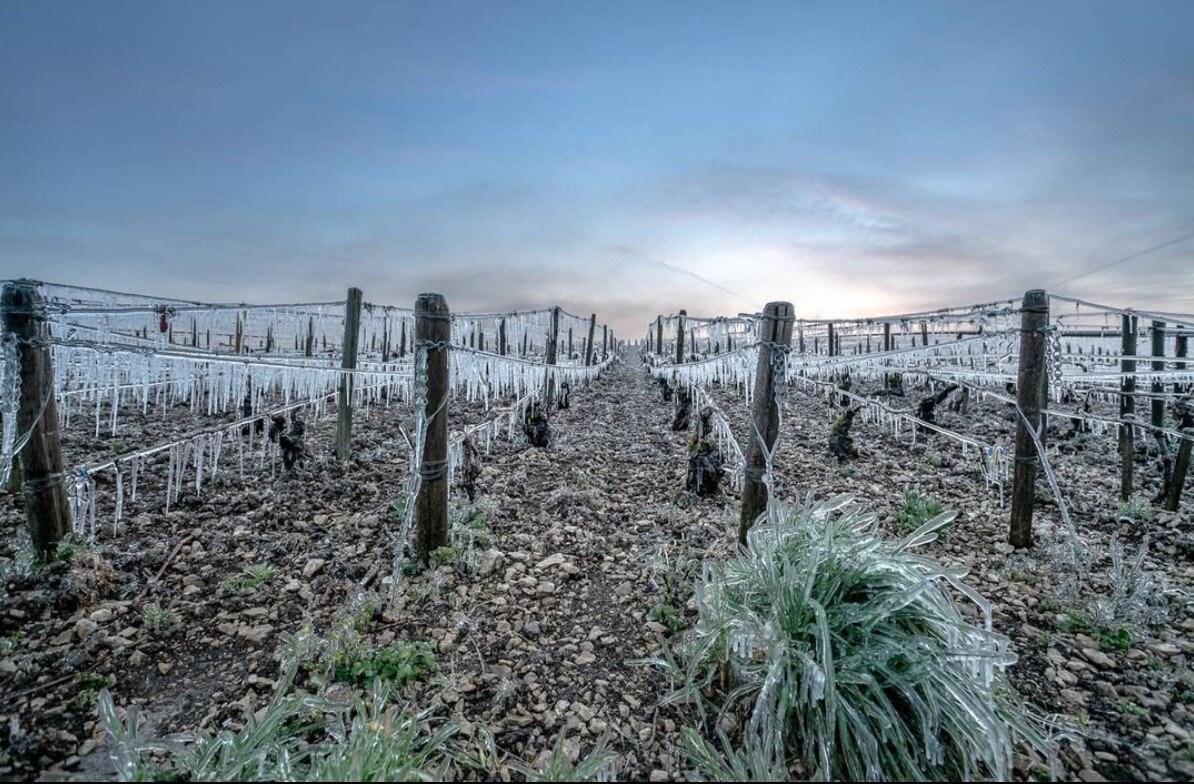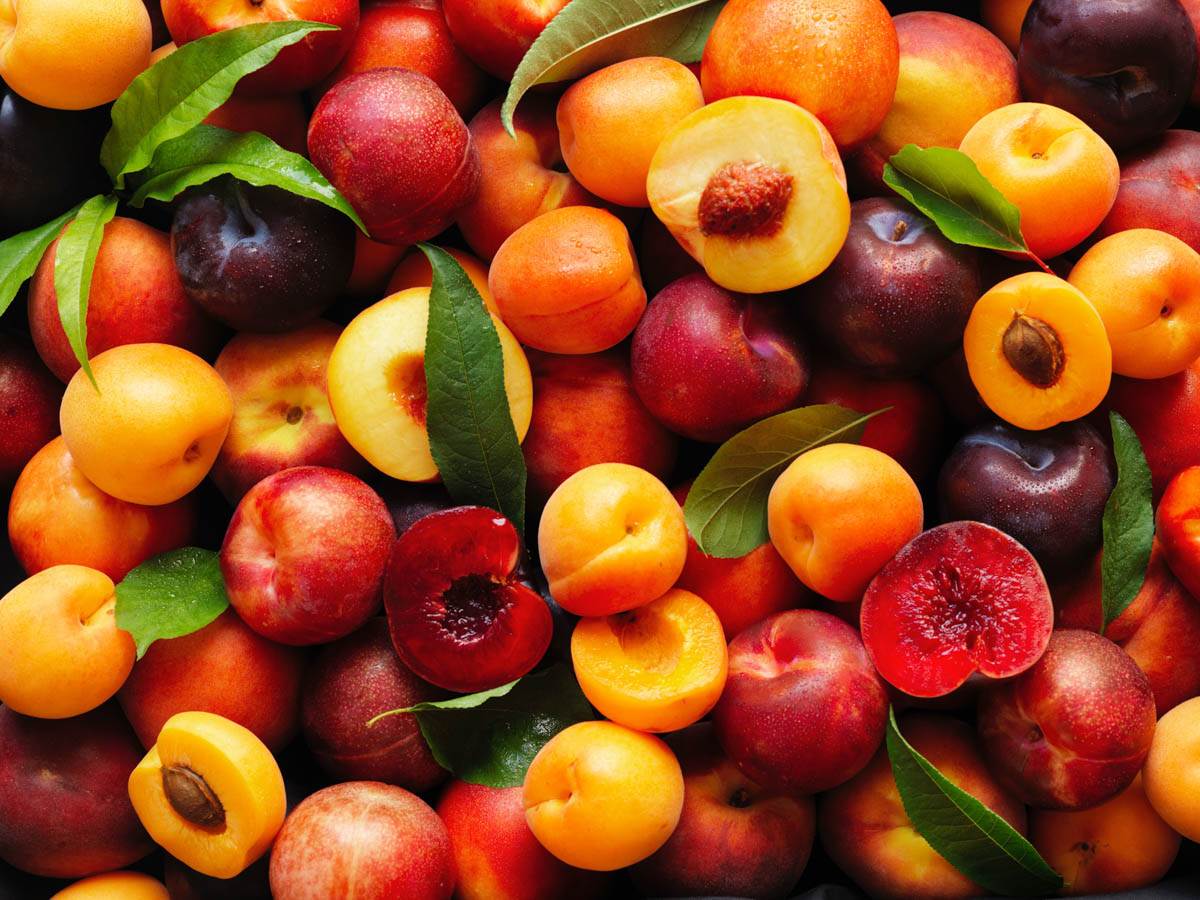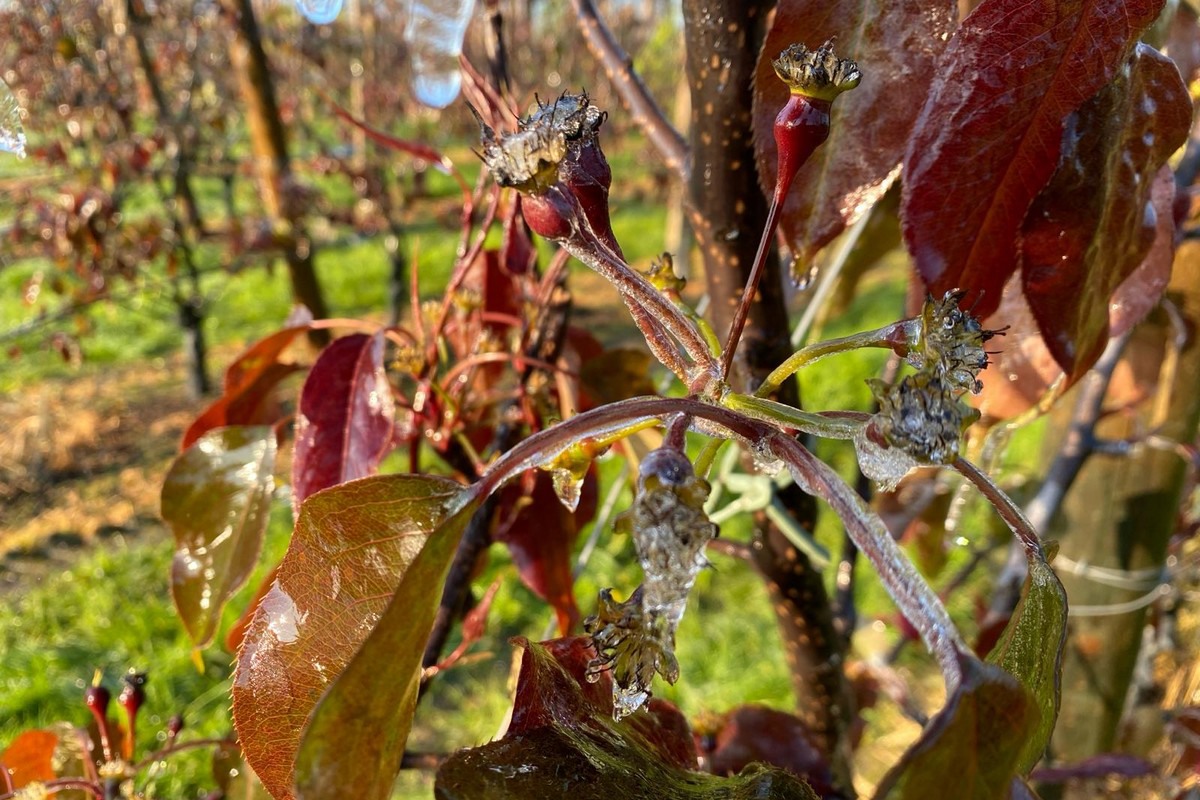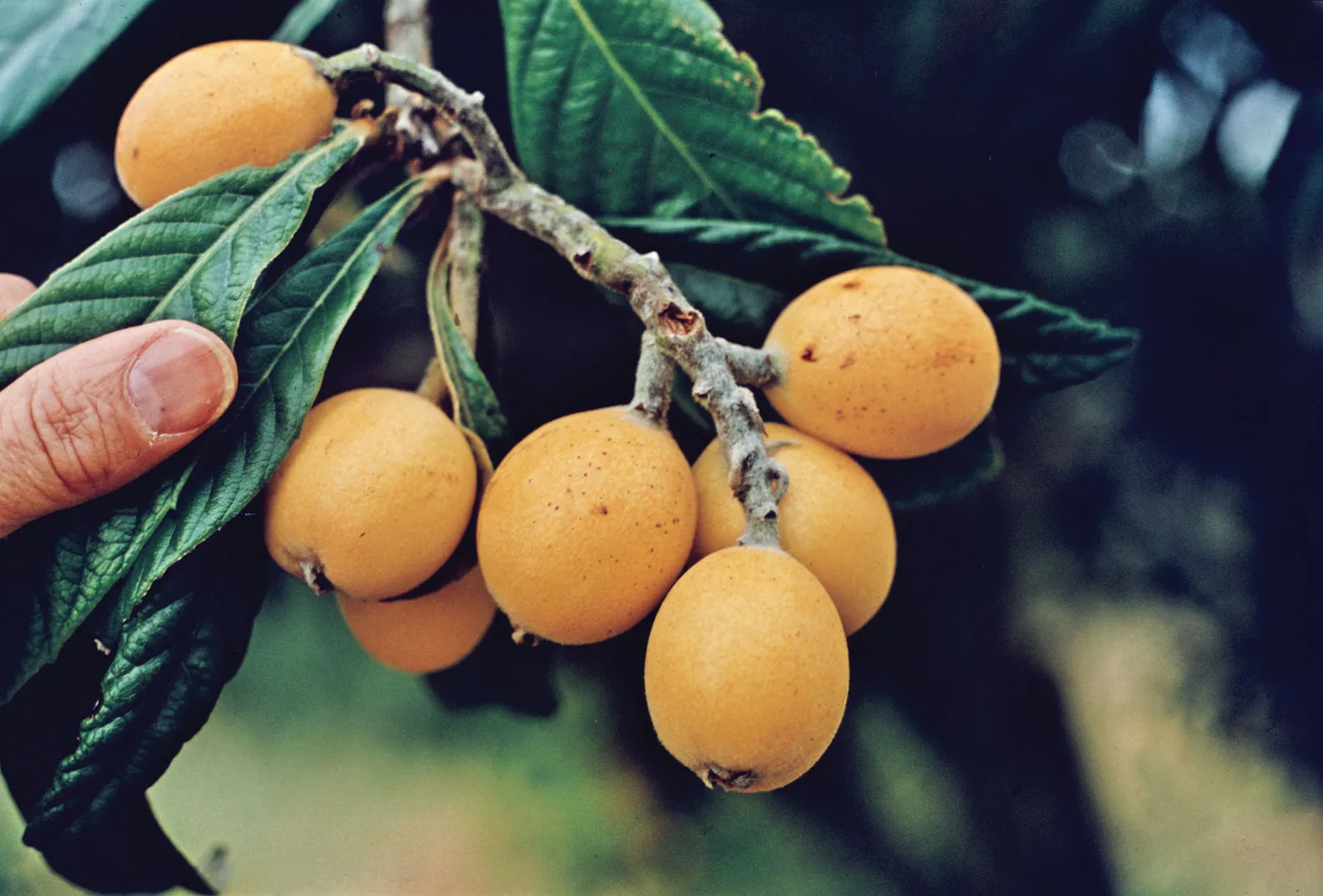The government has ignored the advice of its scientific advisers to allow sugar beet farmers to deploy a banned bee-killing neonicotinoid pesticide in 2022.
British Sugar has successfully applied for an exemption to permit the banned pesticide, known as Cruiser SB, to be used in England this year because of the threat to sugar beet posed by a virus transmitted by aphids.
The decision by the environment secretary, George Eustice, to allow the “emergency” use of the neonicotinoid thiamethoxam came despite the Health and Safety Executive and the government’s expert committee on pesticides concluding that the requirements for an emergency authorisation had not been met, and that pollution from the pesticide would damage river life.
Announcing the decision, the environment secretary said that farmers would be forbidden from growing flowering plants for 32 months after the sugar beet crop to reduce the risk to bees, but admitted: “It was not possible to rule out completely a degree of risk to bees (and this is the case even with a 32-month exclusion) from flowering plants in or near the field in the years after neonicotinoid use.”
Environmental charities condemned the move as “shameful” and “a betrayal”.
Sandra Bell, campaigner at Friends of the Earth, said: “Allowing a bee-harming pesticide back into our fields is totally at odds with ministers’ so-called green ambitions, not to mention directly against the recommendation of their own scientists. This decision comes just two months after the government enshrined in law a target to halt species loss by 2030.”
Stephanie Morren, senior policy officer for the RSPB, said: “As we tackle the nature and climate emergency on our doorsteps we need decision-makers to support our farmers in delivering sustainable farming. This means upholding the ban on highly toxic pesticides like neonicotinoids, and instead working to support our farmers in reducing their reliance on these harmful chemicals.”
Matt Shardlow, chief executive of Buglife, said: “Neonicotinoids approved under the current pesticide approval process devastated populations of wild bees and heavily polluted rivers. It is shameful that no action has been taken to ensure that bee and wildlife destroying pesticides are properly assessed as being pollinator safe before they are approved or derogated for use.”
Neonicotinoids were banned for agricultural use across the EU and Britain in 2018 due to their devastating impact on bee populations. Tiny traces of these toxic chemicals in crop pollen or wildflowers damage bees’ ability to forage and navigate. A recent scientific study found that even a single exposure to a neonicotinoid insecticide could significantly damage future generations’ ability to reproduce.
The exemption for Cruiser SB was also granted in 2021 but was not needed by sugar beet farmers because modelling indicated that the yellows virus carried by aphids would pose no threat. In 2020, according to the government, the virus destroyed a quarter of the national crop.
A Defra spokesperson said: “This decision has not been taken lightly and is based on robust scientific assessment. We evaluate the risks very carefully and only grant temporary emergency authorisations for restricted pesticides in special circumstances when strict requirements are met.
“Last year the threshold was not met so the authorisation was never exercised. Strict criteria remain in place meaning this authorisation will only be used if necessary.”
Peter Watson, the agriculture director of British Sugar, said the seed treatment would only be used if scientific predictions of the virus reach a certain level in March. “The emergency authorisation also contains controls to protect wildlife, including a reduced application rate of the treatment,” he said. “We continue to progress our plans to tackle virus yellows without the need for neonicotinoids in future years, such as through grower practices and seed breeding programmes.”
Source - https://www.theguardian.com






